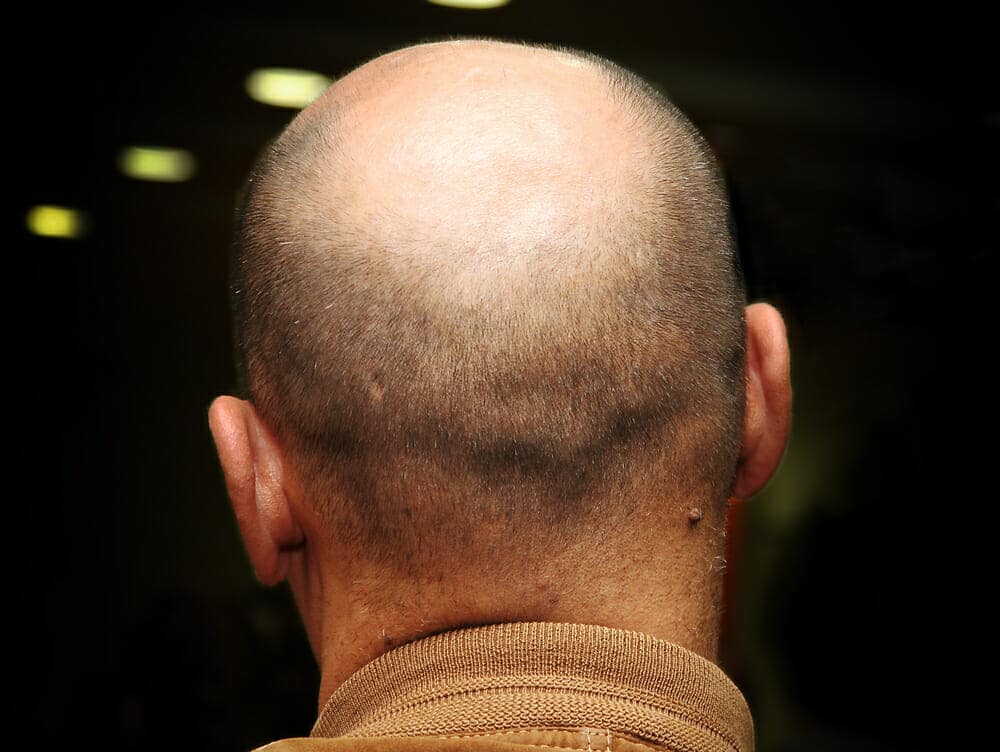Caffeine — for many of us this substance is both our morning hero and our arch nemesis. Whether you are a four-cup a day coffee junkie or prefer your caffeine in a carbonated form, there are ups and downs to caffeine consumption. By now, most of us know that caffeine is technically a drug and it has addictive qualities. However, it is also a natural way to energize and stay mentally sharp. Here we will look at the good and the bad of caffeine consumption.
Caffeine Effects Your Sleep
One of the drawbacks of consuming too much caffeine is its effect on our sleeping patterns. While there are those people who can drink coffee almost until they fall asleep with no effect, this is not the case for most of us. The effect of caffeine on our bodies is rapid, with peak levels in our bloodstream within 30 to 60 minutes of ingesting. The half-life is 3 to 5 hours, which is the time it takes for your body to eliminate half of the drug. The leftover caffeine remains in some of our body’s for quite some time. This often leads to significant problems in our sleep patterns.
A 2013 study published in the Journal of Clinical Sleep Medicine highlighted that consuming caffeine within six hours of your normal bedtime led to a reduction of total sleep time by one hour. While this may not sound like a lot, the effects can add up.
Caffeine is Potentially Addictive
While we are not insinuating that caffeine has the health hazards associated with many more serious addictions, it does have some drawbacks. Caffeine acts as a stimulant to our central nervous system, and habitual caffeine consumption can cause a mild physical dependence.
Should you abruptly stop consuming caffeine you might experience withdrawal symptoms, such as:
- Headaches
- Sleepiness
- Low energy levels
- Bad moods
In High Doses, Caffeine is Dangerous
When caffeine is consumed in a responsible and moderate level the negative effects are very minimal. Part of the reason caffeine has been given a bum rap is the misuse of the substance. Some of the so-called energy drinks and shots contain levels of caffeine that are dangerous for most adults. In these concentrated doses, caffeine can yield negative common side effects, including:
- Diarrhea
- Sweating
- Nausea
- Increased heart rate
- Increased breathing rate
- Muscle tremors
The most important thing to keep in mind when consuming caffeine is that too much is a bad thing. A couple of cups of coffee a day is not problematic. Shy away from the high dose caffeine beverages and stave off these negative side effects.
The Health Benefits of Caffeine
Yes, that’s right — benefits! While too much caffeine is not a good thing, in limited quantities it can boost our health.
Caffeine Can Boost Your Mood
One of the great things that caffeine can do for us is to offer us a slight boost in our overall mood. While this effect is much stronger for people who consume caffeine more irregularly, it tends to have an overall positive effect. A 2008 study found that moderate caffeine consumption has the ability to improve our mood and our cognitive function.
Caffeine Helps With Mental Alertness
Another positive outcome to your daily cup of joe is it’s ability to help with mental alertness and clarity. Several studies have looked at whether this is a perceived change or an actual change in our alertness and the findings are clear. Moderate consumption of caffeine does lead to a higher level of mental alertness and our ability to attend to our environment.
Caffeinated Coffee Wards of Mouth and Throat Cancer
More recent studies have looked at some unexpected positive outcomes to drinking coffee each day. This morning time favorite is rich in antioxidants and some health experts were curious if this would lead to a reduction in mouth and throat cancer. By conducting a thorough review of existing data sets, experts found that coffee drinkers have a 50 percent reduced chance of developing mouth cancer if they drink coffee each day. What’s even more surprising is this is true even in cases where people are smokers.
Can Caffeine Build Our Memories?
Several studies looking at the effect of regular caffeine consumption and memory show real promise. One study showed a definite link between daily caffeine consumption and improved long term memory. Additional studies have shown similar findings in the link between caffeine and improved memory function.
Caffeine Can Protect From Diseases Like Parkinson’s and Alzheimer’s
As more and more data shows the many health benefits to moderate caffeine consumption. Some optimistic researchers took this information a step farther and dared to ask whether caffeine can help in avoiding diseases. A 2015 study found that people who were genetically predisposed to developing Parkinson’s Disease can drastically reduce their chance of developing the disease if the consume caffeine on a daily basis.
Some experts wondered if caffeine helps with better memory function, could it impact memory based diagnoses? A 2010 study set out to look at the effects of caffeinated beverages like coffee and the impact on developing Alzheimer’s disease. What they found was that those who drank 3-5 cups of coffee each day during their midlife years had a decreased risk of dementia and Alzheimer’s Disease by about 65 percent later in life.
Many of us depend on our morning cup of caffeinated joy in one form or another. It helps us wake up in the morning and keeps us perky throughout the day. Or at least it seems. What many overlook is that caffeine in high quantities can be dangerous and addictive. Carefully balancing your daily caffeine intake is important to stay and peak performance.








Reply